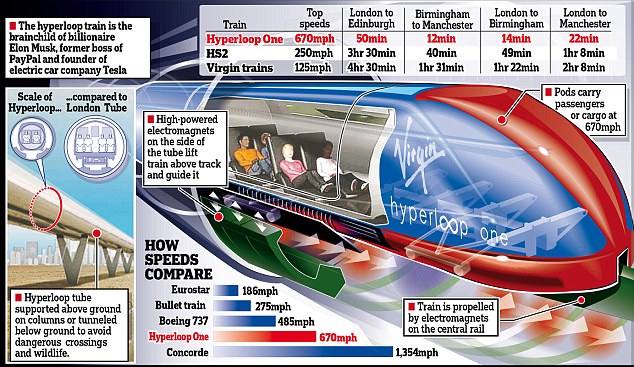900 319 0030
enquiry@shankarias.in
SANKALP Scheme
Institutions of Eminence (IoE)
Hyperloop

Tarballs in Mumbai’s Beaches
Source: PIB, The Indian Expres